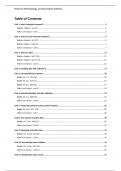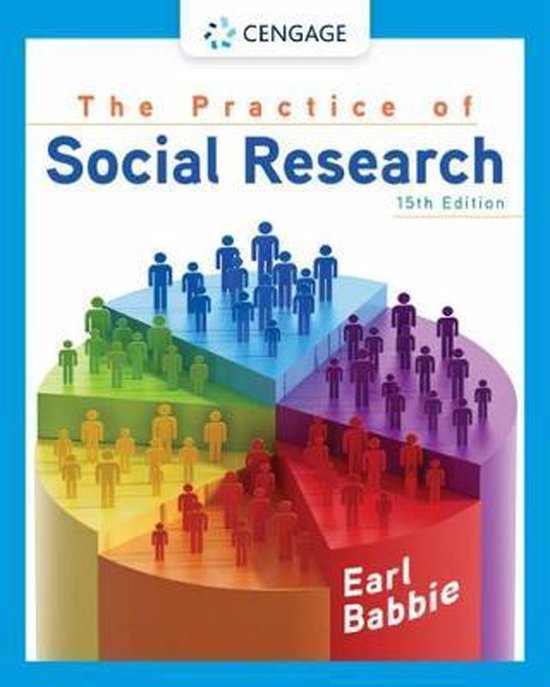Samenvatting
Summary Research Methodology and Descriptive Statistics test 1, pre-master BA, University of Twente
- Instelling
- Universiteit Twente (UT)
Samenvatting van volledige lesmateriaal (hoofdstukken uit het boek per unit, maar ook video's en ander aanbevolen lesmateriaal). Test 1 Research Methodology and Descriptive Statistics, University of Twente, Universiteit Twente. Pre-master Business Administration
[Meer zien]





